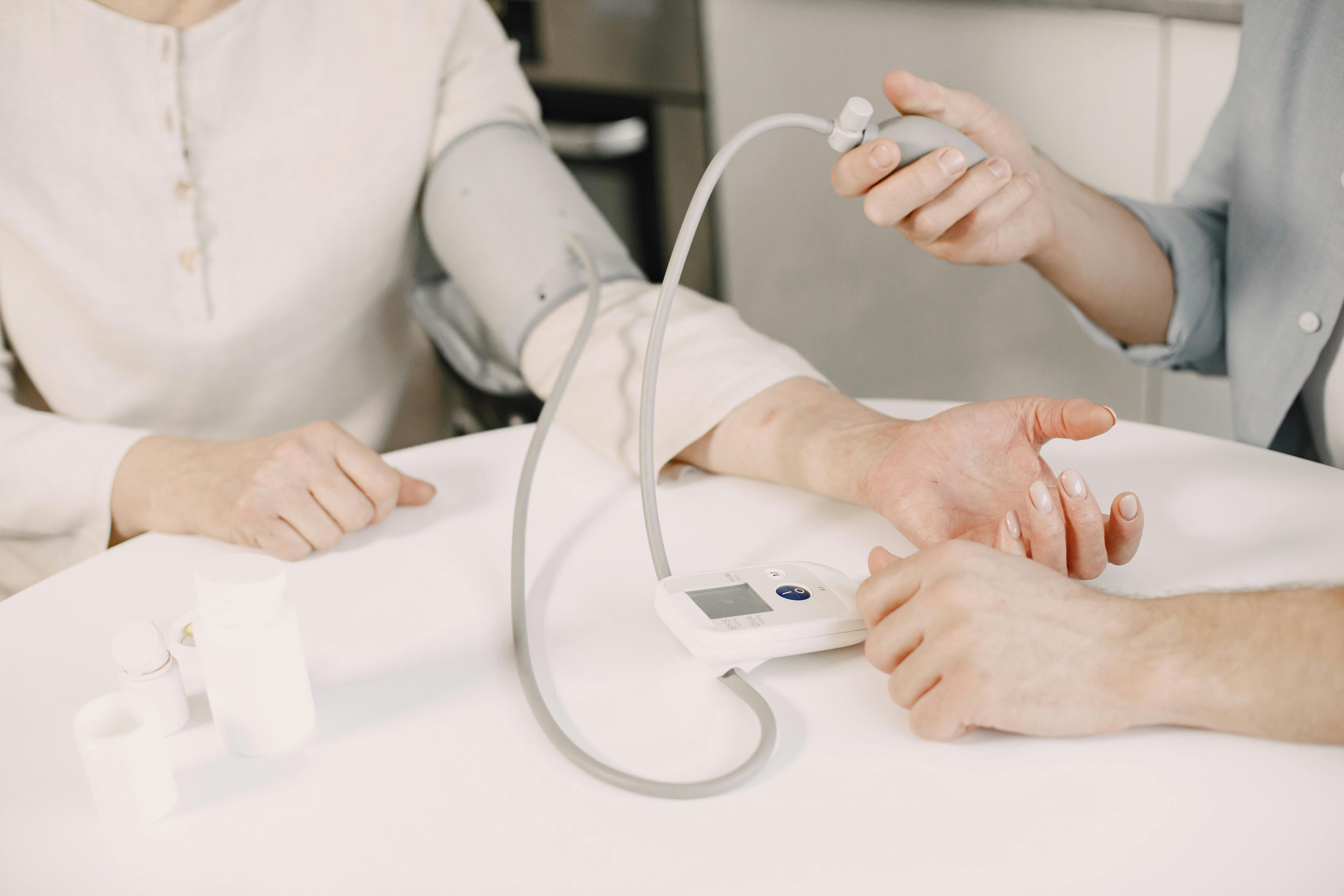News release
From:
Treating high blood pressure may reduce dementia risk
Reducing high blood pressure substantially lowers the risk of dementia and cognitive impairment without dementia, according to the results of a phase 3 clinical trial involving almost 34,000 patients, published in Nature Medicine. These findings highlight the potential importance of widespread adoption of more intensive blood pressure control among patients with hypertension to reduce the global disease burden of dementia.
It is estimated that the global number of people with dementia will rise from 57.4 million in 2019 to 152.8 million by 2050, with the greatest impact being in low- to middle-income countries. Previous research suggests that lifestyle interventions, such as eating a healthy diet and exercising regularly, could be the most effective way to reduce the growing global incidence of dementia. Research has also found that people with untreated hypertension have a 42% greater risk of developing dementia in their lifetime than healthy study participants. However, only a few randomized controlled trials have tested the effect of medications that reduce blood pressure on the risk of dementia, and none have looked at it as a primary trial endpoint.
Jiang He and colleagues tested the effectiveness of an intervention led by non-physician community healthcare providers (sometimes called “village doctors”) on blood pressure control, all-cause dementia and cognitive impairment in 33,995 patients with hypertension across villages in rural China. Patients were 40 years of age or older, based in rural China and had untreated hypertension. In the intervention group, 17,407 patients received anti-hypertensive medication and health coaching on home blood pressure monitoring, lifestyle changes (including weight loss, dietary sodium reduction and alcohol reduction) and medication adherence. Those in the control group (also referred to as the usual care group) were trained in blood pressure management and had their blood pressure measured in a healthcare setting. Over 48 months, the authors found that the intervention group achieved better blood pressure control, with more patients reaching target levels, than the control group. Intensive blood pressure management substantially reduced the risk of all-cause dementia by 15% and that of cognitive impairment by 16%.
The findings suggest that proven interventions aimed at reducing blood pressure could help to reduce the global incidence and impact of dementia, and that this intervention should be widely adopted and scaled up to reduce the global burden of dementia.



 International
International



